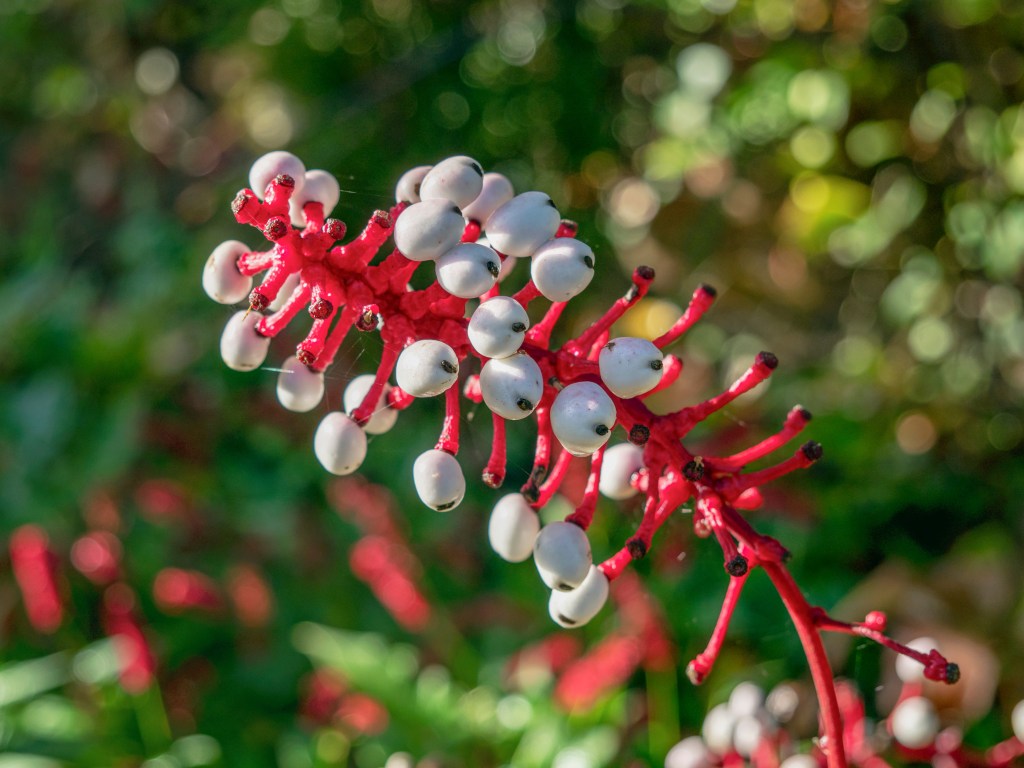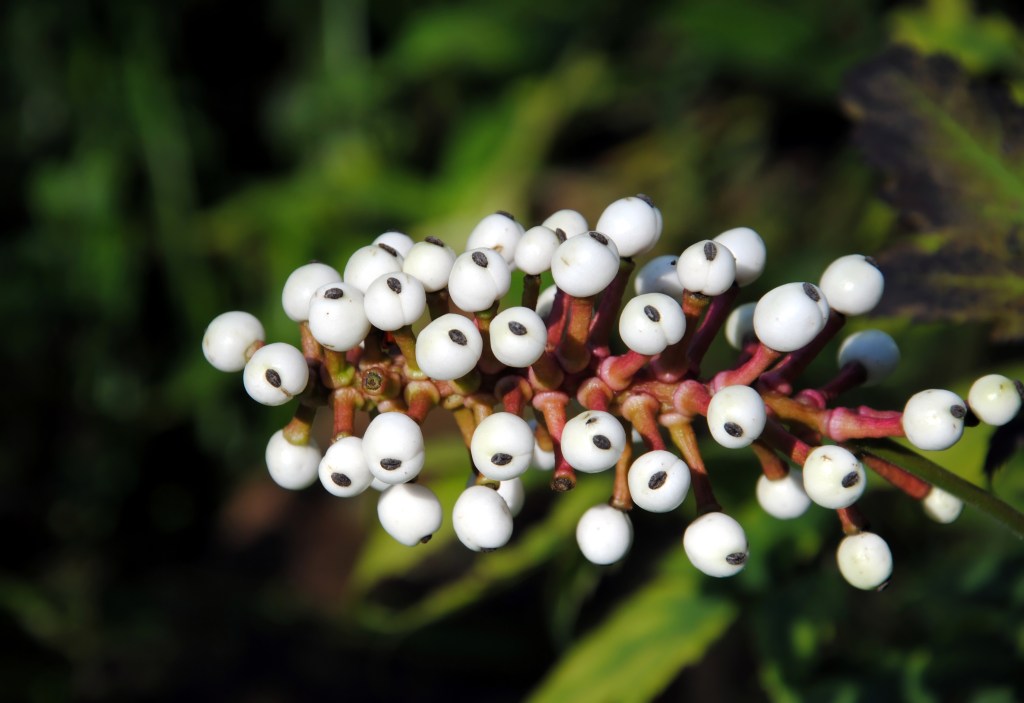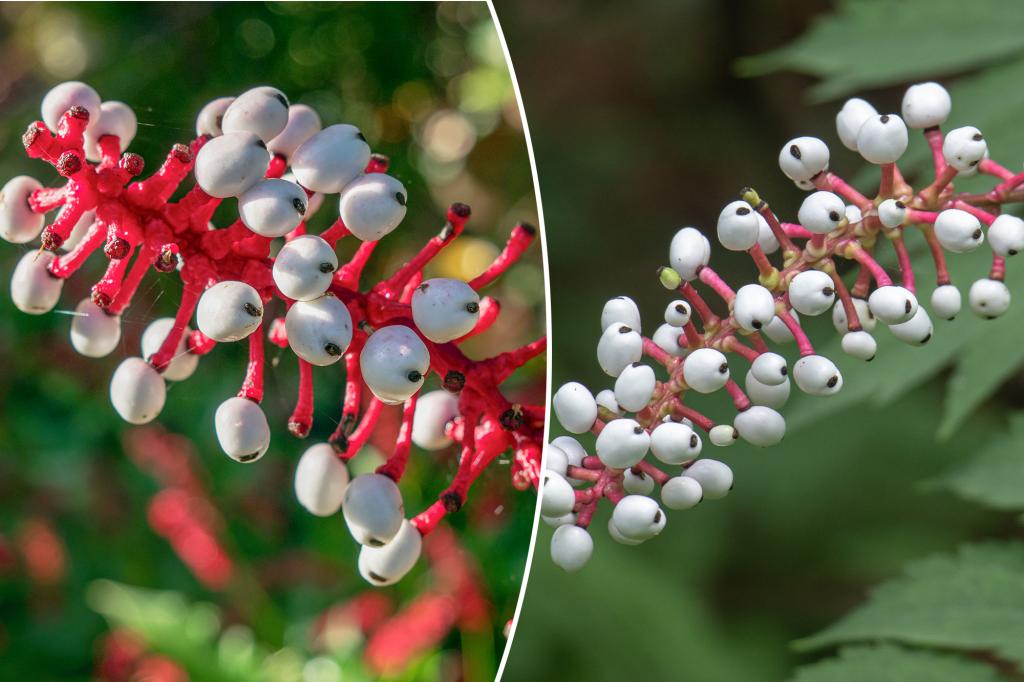This plant will be the bane of your existence.
A poisonous plant called baneberry is prompting warnings from park rangers, who are urging the public not to consume the toxic plant.
“Is that plant looking at me?” The National Park Service wrote on Facebook this week alongside a photo of a white blackberry plant whose fruit resemble eyeballs.
“Actaea pachypoda, the white berry or doll’s eye, is a species of flowering plant in the Ranunculaceae family,” the agency explained.
“The most striking feature of the plant is its fruit, a red berry 1 cm in diameter, the size, shape and markings of the black stigma give the species the name ‘doll’s eyes.’
The organization scoffed, “Did it just blink?”

While birds can feed on the bleak berries — unaffected “by toxins or creepy eyeball aesthetics” — the plant is poisonous to humans and can result in nausea, vomiting, stomach cramps and delirium. Death is rare but possible if large amounts are consumed, and the berries pose a danger, especially to children and pets.

“Well, I have to say that if there was ever a plant I wouldn’t touch, wouldn’t mind eating, this would be it,” said one Facebook user.
“This plant just screams ‘Don’t eat me!’ Why anyone would think something so grotesque was endearing is beyond me,” said another.
“As if eyeballs weren’t enough, they all have reddish ‘optic nerves’ that connect them together,” someone else grimaced. “A nightmare.”
The plant grows mainly in woodlands in the US, as well as fields or roadsides, and usually ripens in mid to late summer.
White blackberry plants have earned the vegetation the nickname “doll’s eyes,” but the blackberry can also display bright red bulbs.
While the annoying advisory arrives just in time for spooky season, TikTok botanists have been trying to educate the public about the fruit’s toxicity for a while.
Forager and chef Alexis Nikole has called the plant “North America’s creepiest plant.”
“They look like they’re holding a curse,” she said in a TikTok video, to which one viewer commented: “Why are you looking at me.”
#National #Park #Service #warns #toxic #nightmare #plant #growth
Image Source : nypost.com

